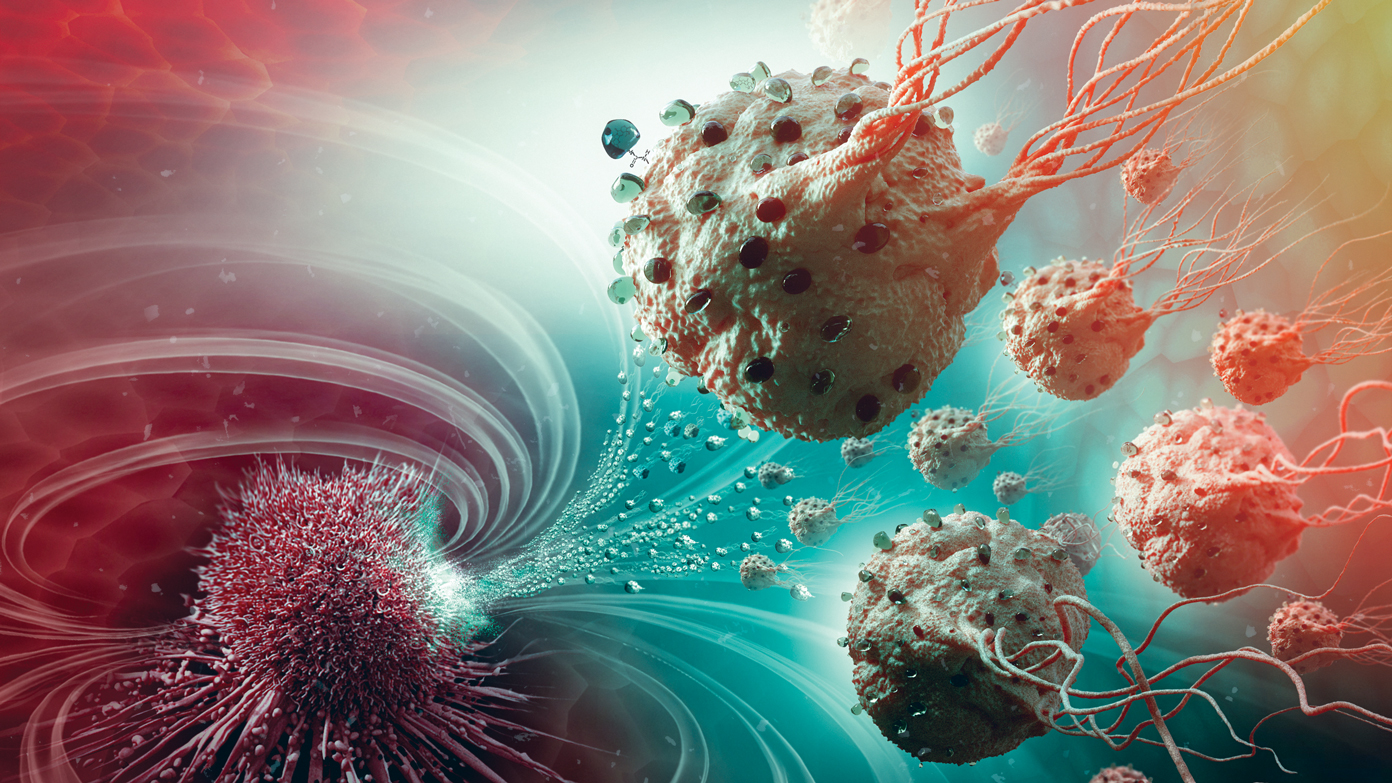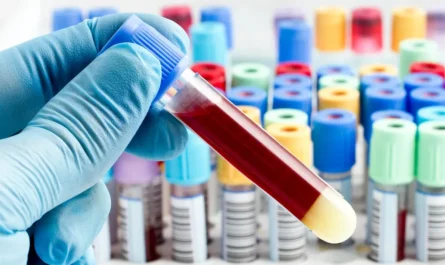Introduction to Cancer Biologics
Cancer biologics, also known as biological therapies or biological response modifiers, are a class of medicines made from living organisms or contain components of living organisms to treat cancer and its associated symptoms. These biologics differ from conventional chemotherapy drugs in that they specifically target molecules on cancer cells or the tumor microenvironment and allow for a more personalized approach to treatment. Some key points:
– Biologics are usually large, complex molecules that are produced through biotechnology in a living system such as a microorganism or mammalian cell. This makes them quite different from most conventional chemotherapies which are small molecule drugs.
– They work by hyper-stimulating or inhibiting specific components of the immune system, blood formation/oxygenation, or other processes crucial to cancer growth and progression.
– Common cancer biologics target cell surface receptors, intracellular signaling proteins, protein interaction sites, angiogenesis factors, and immunomodulatory molecules.
– Examples of FDA approved Cancer Biologics include monoclonal antibodies, immune checkpoint inhibitors, interleukins, fusion proteins, and vaccines.
Monoclonal Antibodies
Monoclonal antibodies are biologics made by cloning a unique white blood cell to create a pure antibody protein. They have emerged as a major therapeutic class of cancer biologics over the past few decades by targeting proteins expressed on cancer cells. Examples include:
– Rituximab (Rituxan): Binds to the CD20 antigen expressed on B-cell non-Hodgkin’s lymphomas and was the first monoclonal antibody approved for cancer treatment.
– Trastuzumab (Herceptin): Specifically targets HER2-positive breast cancers by binding to the HER2 receptor tyrosine kinase and inhibiting cell growth signals.
– Cetuximab (Erbitux): Binds to the epidermal growth factor receptor (EGFR) found on various epithelial cell tumors including colorectal, head and neck, non-small cell lung cancer.
– Bevacizumab (Avastin): Inhibits vascular endothelial growth factor (VEGF) to block tumor angiogenesis and is used against metastatic colorectal cancer and other solid tumors.
Immune Checkpoint Inhibitors
Immune checkpoint inhibitors help enhance the body’s natural anti-tumor immune responses by blocking inhibitory pathways hijacked by cancers. Key checkpoint inhibitors include:
– Ipilimumab (Yervoy): The first drug approved that works by inhibiting CTLA-4, an immune checkpoint receptor that downregulates T cell activity. Used for advanced melanoma.
– Nivolumab (Opdivo) and Pembrolizumab (Keytruda): Block the PD-1 checkpoint on T cells to reinvigorate exhausted immune cells, approved for melanoma, lung cancer, Hodgkin’s lymphoma and others.
– Atezolizumab (Tecentriq): An anti-PD-L1 antibody that disrupts the PD-1/PD-L1 pathway. Indicated for bladder cancer, lung cancer and triple-negative breast cancer.
Fusion Proteins and Immunocytokines
Novel biologics are fusing targeted cancer recognition components with effectors of the immune system:
– Glembatumumab vedotin (Gly-Vax): An antibody-drug conjugate targeting gpNMB on breast cancers linked to a potent cytotoxic agent monomethyl auristatin E.
– Sacituzumab govitecan: An antibody against Trop-2 fused to the chemotherapy SN-38 payload for metastatic triple-negative breast cancer.
Cytokines and Hematopoietic Factors
Some cytokines have proven effective as Cancer Biologics either alone or to boost chemotherapy efficacy:
– Interferons: Used for leukemia, melanoma and renal cell carcinoma by inducing anti-proliferative and immunomodulatory effects.
– Interleukins: IL-2 occasionally induces remissions in renal cell cancer and melanoma by activating T cells and natural killer cells.
– Granulocyte colony-stimulating factor (filgrastim) and erythropoietin: Support bone marrow recovery and prevent anemia due to chemotherapy.
Future Directions
Cancer biologics represent a personalized revolution in cancer treatment but further optimization is still needed:
– Combining biologics that target different molecular pathways can yield synergistic effects.
– Biomarker-driven development aims to identify predictive subgroups most likely to respond.
– Overcoming resistance is a major challenge requiring rational drug sequencing or combinations.
– Advancing delivery methods including bispecific antibodies and nanocarriers can enhance therapeutic ratios.
– Harnessing the adaptive power of cellular therapies such as CAR T-cells and cancer vaccines.
In summary, cancer biologics have emerged as a major pillar of precision oncology together with companion diagnostics, genetics, and multidisciplinary care. Continued mechanistic insights will spur new targeted biologic entities with improved safety and more durable responses against cancer.
*Note:
1. Source: Coherent Market Insights, Public sources, Desk research
2. We have leveraged AI tools to mine information and compile it.



